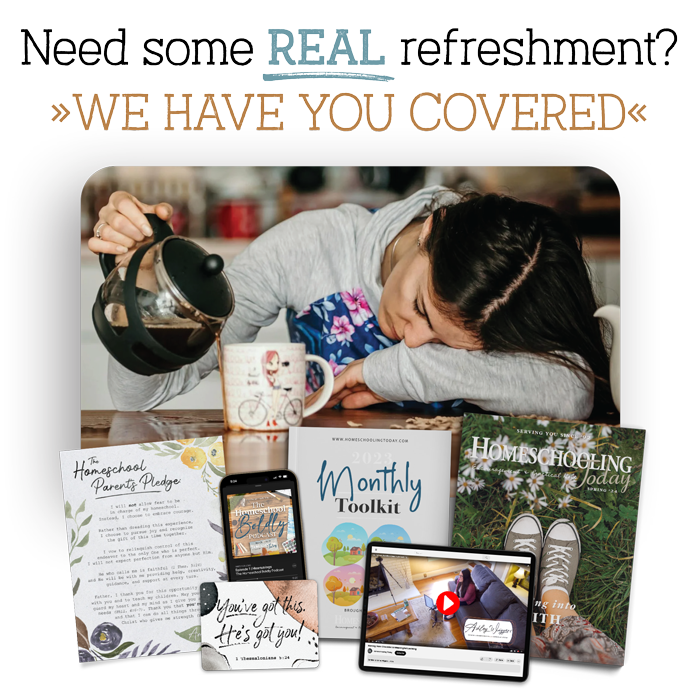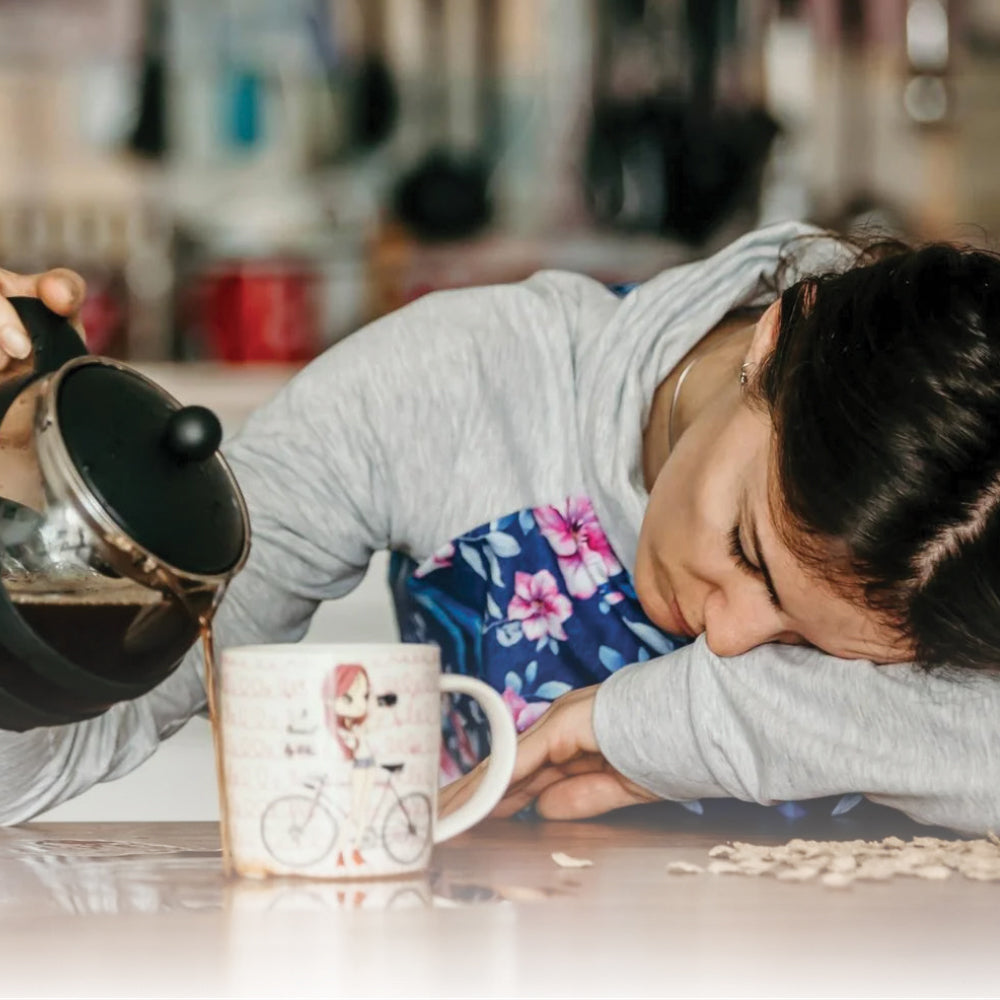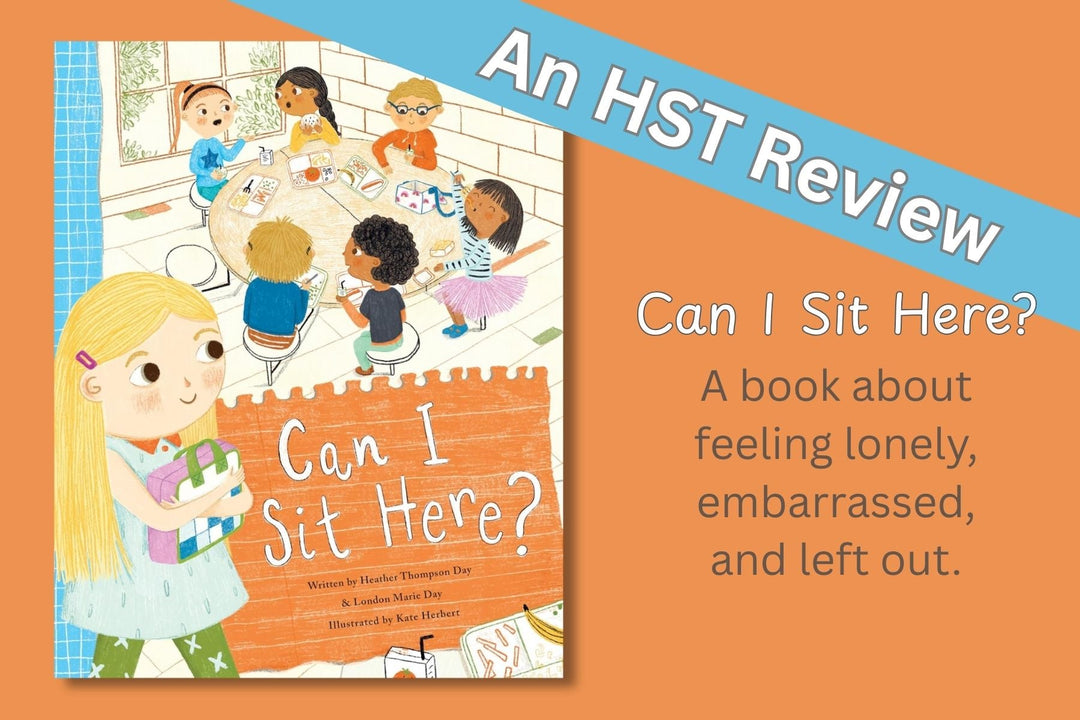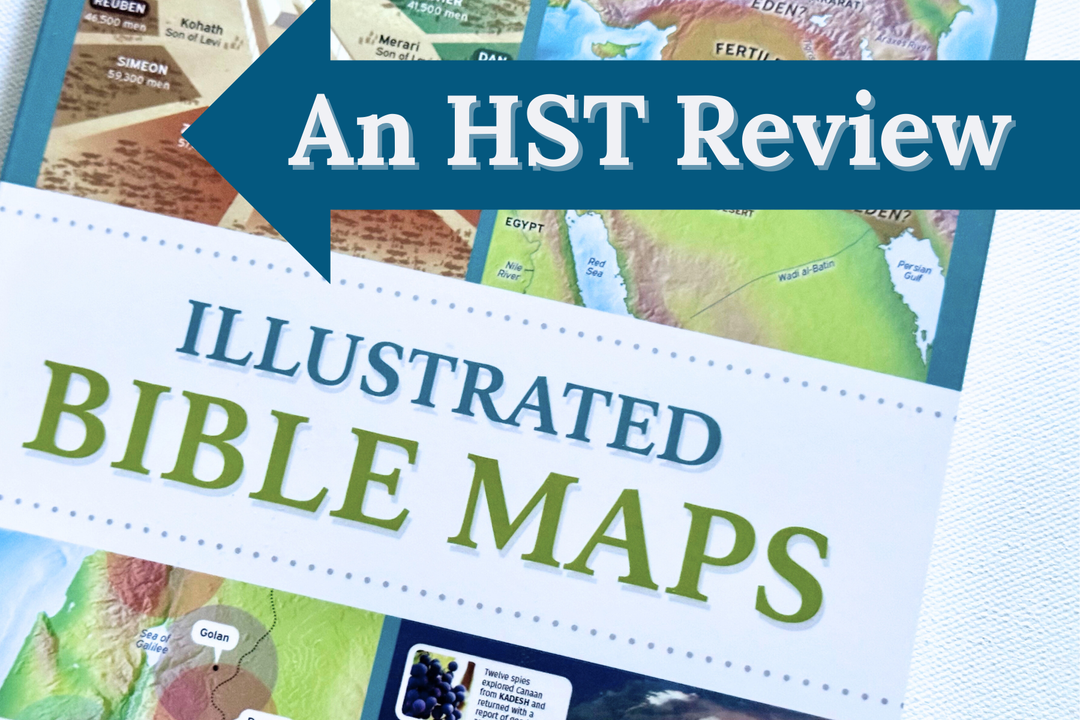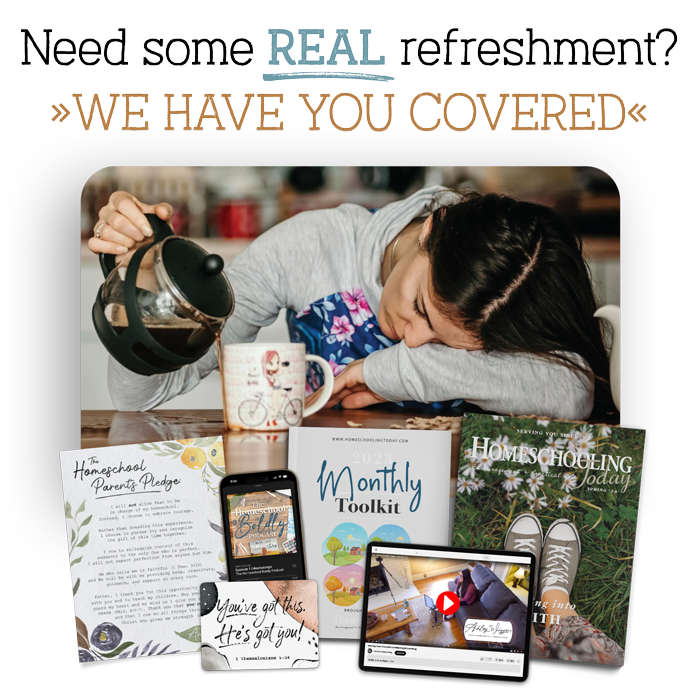How to Learn All About the 2021 Summer Games
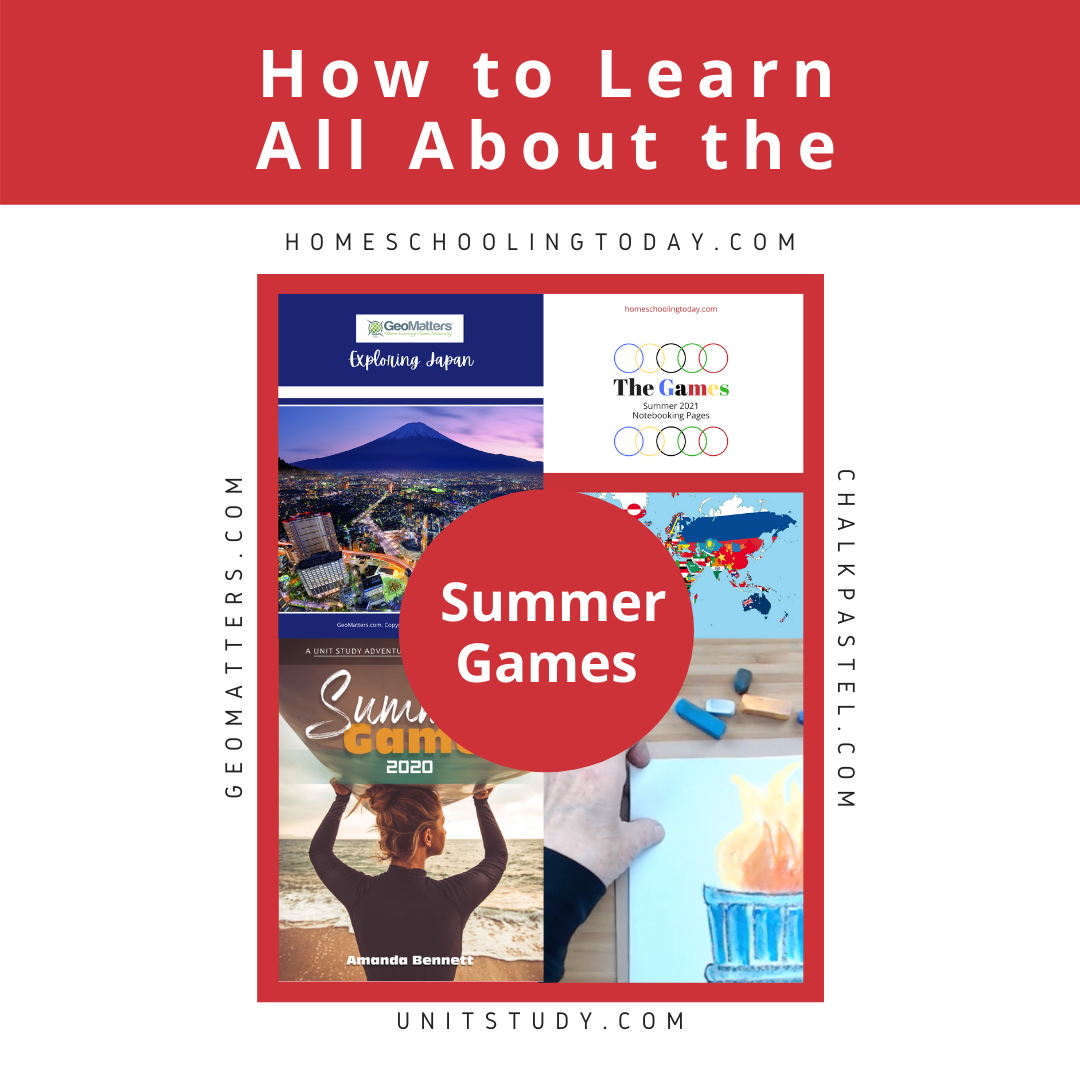
The Olympics are a great opportunity to teach kids about a variety of subjects. We're sharing the best resources and ideas to make the summer games a fun, memorable, and educational event for your entire family! So jump in with our step-by-step guide. It will help your kids get the most out of watching the Summer Games!
Simply follow each step in this post and be sure to get your FREE resources!

Step 1: Start with Questions
One of the best ways to begin learning about any topic is to start with the questions your students already have about it.
Brainstorm questions together. Write them on a white board or have students write their questions in a notebook (look for our free notebooking pages below!).
For this study, they'll want to explore questions about the games, Japan, and Tokyo specifically. This could include questions about the physical geography of the area to the culture to favorite foods. In addition, they may want to learn some "olympic" specific information such as the history of the games, what sports are included, and biographical information about athletes.
You can get this brainstorming session started with questions like:
- How are the places that host the games chosen?
- What is involved with becoming a host city?
- What happens to the venues that were built for the games when they are over?
- What sports do athletes participate in during the summer games?
- How do athlete's qualify to participate in the games?
After researching the answers to their questions, students can write about what they find out, do a presentation, or simply tell the rest of the family what they have discovered. Or, have them put together a notebook of all they learn. We love notebooking!
Ideas for Notebooking
Notebooking is an excellent way for students to interact with, showcase, and review learning. They can write and draw pictures and truly make notebooks their own. Here are some ideas for pages students can include:
- Questions for research
- Medal counts for whatever countries they want to keep track of
- The gold, silver, and bronze medalists for any of the events they are especially interested in
- Profiles of athletes
- Informational pages about specific sports or events
- Fun facts
- History of the games
- Articles, newspaper clippings—really anything interesting they find that connects to the Summer Games.
Step 2: Explore the World
The Olympics provide you with a natural way to study geography! From the Summer Games host—Tokyo, Japan—to the countries participating, you'll find plenty of opportunities to learn about the lands, people, and cultures of the world.
Here are some ideas for geography study during the summer games:
- Draw and color the flags of the world
- Choose specific countries to follow throughout the games and learn about the geography, people, and culture of those specific places. Use outline maps to identify cities and landforms in those countries. Find those places on the globe or a wall map.
- Cook your way around the world. Try foods from different countries as you watch the olympics.
- Create some art. Each country will have unique and popular art forms. Learn about what they are and try your hand at some of them.
- Read online media outlets to find out what's going on in some different countries of the word.
- Track the weather of a variety of places during the games. Is it summer everywhere?
Geography is another great subject to keep in students' notebooks! Take photos of the food they prepare or art they create if it doesn't fit in a notebook. Some of the outline maps above are the perfect size to include, too.
Step 3: Create Art
Recently, my husband and I were able to go to the U.S. Olympic & Paralympic Museum in Colorado Springs, CO, where we saw a collection of artist LeRoy Neiman's paintings. You may not have ever considered what a perfect pairing art and the games make. So here are some ideas for ways your students can create their own works of art.
- Paint like Neiman. Share some of Neiman's paintings with your students and ask them to create their own as they watch the Summer Games.
- Make a torch. All you need are some paper towel rolls and red, yellow, and orange tissue paper, and anything your children might want to use to decorate their torch with. Begin by letting your students decorate the paper towel roll. They can cover it in construction paper, tin foil, paint it, decorate with stickers—whatever they want. Then make flames using the tissue paper and stuff it into the top of the “torch”.
- Try chalk pastels! The lessons from You ARE an Artist are appropriate for ALL of you students, no matter what grade they are in. And the step-by-step lessons make it easy to create works they will be proud to share with family and friends.
Step 4: Dive Deeper with a Unit Study
Unit studies help students connect learning based on a topic or theme. With Amanda Bennett's unit studies, your children learn about a particular topic, covering the science, history, geography, art, and any other areas of study that apply to the topic.
What could be more perfect than taking a current event—the Summer Games—to make learning more fun, memorable, and relevant?
The Summer Games unit study will save you from having to search the internet for appropriate, student-friendly resources. It's filled with links, recommended books, and connected lessons your kids will enjoy. It's designed to be used with ALL of your students, grades k–12. It also includes a Summer Games Lapbook, and the two together are going to make for a fantastic hands-on and interactive learning experience!
NOW is the perfect time to get started with this four-week study!

Summer Games & Learning Fun
Whether you follow a traditional schedule or school year round, you don't want to miss this incredible opportunity to connect learning with a real-life event. Take advantage of these resources so your students will get the most out of watching the Summer Games!

